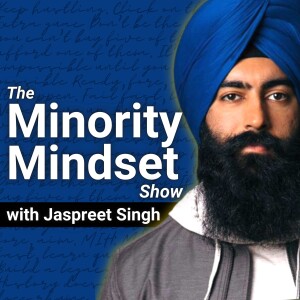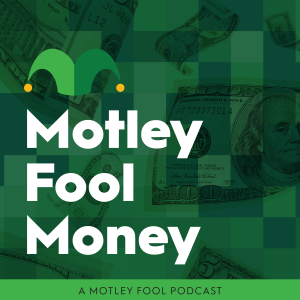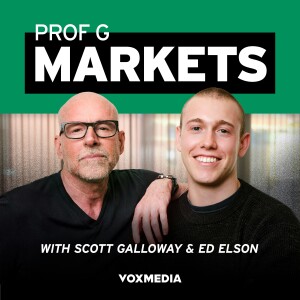

In this episode, Angela discusses the concept of "money scripts" and how our beliefs about money, often formed in childhood, can significantly impact our financial and overall health. Drawing from the work of Dr. Brad Klontz, a psychologist and certified financial planner, the episode explores four common money scripts and offers advice on how to identify and break free from negative patterns to achieve a healthier relationship with money.
Key Takeaways 💡
Money avoidance is a belief that mo...
In this episode, Angela discusses the concept of "money scripts" and how our beliefs about money, often formed in childhood, can significantly impact our financial and overall health. Drawing from the work of Dr. Brad Klontz, a psychologist and certified financial planner, the episode explores four common money scripts and offers advice on how to identify and break free from negative patterns to achieve a healthier relationship with money.
Key Takeaways 💡- Money avoidance is a belief that money is inherently bad, leading to anxiety and disgust towards wealth and successful people. Individuals with this script often unconsciously sabotage their financial efforts, working long hours just to make ends meet, creating a miserable cycle where they believe their problems would be solved with more money, yet they actively avoid it.
- Money worshipers believe that money is the key to true happiness and that one can never have enough. This can lead to compulsive shopping, hoarding, and prioritizing work over relationships in the relentless pursuit of wealth. This script, while seemingly opposite to money avoidance, is equally dangerous to one's health and relationships due to the stress and social issues it can cause.
- Money status equates net worth with self-worth, leading individuals to believe that a higher net worth equals a higher self-worth. People with this script often live lavishly, trying to keep up with the Joneses and incurring extreme amounts of debt. They are also more likely to be compulsive gamblers or lie to their spouses about money, driven by the need to maintain a certain social standing.
- Money vigilance involves being overly cautious and anxious about money, though these individuals typically live within their means, pay off credit cards monthly, and save for the future. However, they risk high levels of anxiety and may never fully enjoy the fruits of their labor, constantly feeling financially insecure. This script is often rooted in experiences like the Great Depression, leading to hoarding and an inability to spend money comfortably.
- To break negative money scripts, the first step is telling yourself the truth about your problematic patterns and accepting them. Create a vision board with pictures and words representing what you want to accomplish in life, focusing on loved ones, causes, and enjoyable activities, to serve as a constant reminder of what is truly important and how money relates to those values.
- To change engrained money scripts, cultivate good financial habits by increasing your financial literacy through resources like websites, webinars, and seminars. Keep a journal to write down negative thoughts about money and immediately counteract them with positive statements. Develop a financial plan or budget with the help of a mentor or advisor to stay on track and avoid feeling overwhelmed.
- Millionaires spend an average of 8.4 hours per month managing and planning their finances, highlighting the importance of prioritizing financial health. Setting aside dedicated time for financial planning can serve as an outlet to avoid negative money scripts, allowing you to live life on purpose knowing that your finances are being taken care of.
Comments (3)
More Episodes
All Episodes>>Create Your Podcast In Minutes
- Full-featured podcast site
- Unlimited storage and bandwidth
- Comprehensive podcast stats
- Distribute to Apple Podcasts, Spotify, and more
- Make money with your podcast
It is Free












